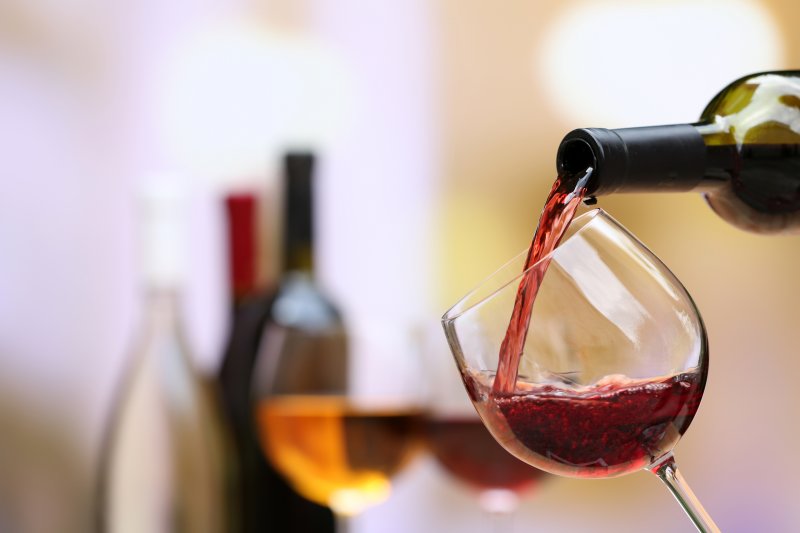 You probably enjoy the occasional glass of wine with dinner or cocktail with friends, but did you know that even light alcohol consumption can negatively impact your sleep? Does this mean you should avoid alcohol altogether? Today, we dive deeper into the connection between alcohol and sleep to discover if a harmonious relationship between the two is possible.
You probably enjoy the occasional glass of wine with dinner or cocktail with friends, but did you know that even light alcohol consumption can negatively impact your sleep? Does this mean you should avoid alcohol altogether? Today, we dive deeper into the connection between alcohol and sleep to discover if a harmonious relationship between the two is possible.
How Does Alcohol Affect Sleep?
Research suggests that, as a depressant, alcohol does help you fall asleep faster, but those effects quickly wear away after just a few hours as your body tries to eliminate the alcohol from your system. According to the National Sleep Foundation, one explanation for poor sleep after drinking is that the production of adenosine (a chemical in the brain that acts as a sleep-inducer) increases while drinking, allowing you to go to sleep quickly — however, this chemical quickly subsides, making you more likely to wake up throughout the night. Drinking before bed is also linked with more slow-wave sleep patterns called delta activity, but alpha activity, which indicates wakefulness with eyes closed and often precedes sleep, is turned on at the same time. Experiencing these two brain wave activities at the same time is thought to inhibit quality rest. Additionally, alcohol inhibits REM sleep, which is often considered the most mentally restorative phase of sleep.Alcohol & Sleep by the Numbers
Finnish researchers found in a 2018 study that alcohol had significant effects on sleep quality, regardless of whether consumption was light, moderate, or heavy. After analyzing the sleep/alcohol habits of 4,098 adults between the ages of 18-65, they found that:- Low alcohol intake reduced sleep quality by 9.3%
- Moderate alcohol intake (defined as two drinks per day for men and one for women) reduced sleep quality by 24%
- Heavy alcohol intake reduced sleep quality by nearly 40%
How to Drink & Sleep Responsibly
So with all of this information, does that mean you should give up drinking for good to preserve quality sleep? Nope! You can still enjoy a drink or two, but there are a couple of tips you should follow to ensure it’s not impairing your sleep:- Allow at minimum three hours between your last drink and the time you go to bed.
- Drink water along with alcohol to help flush the alcohol out.
- Drink alcohol as you’re eating a meal — since you’re likely eating a few hours before bed, this is a good way to keep drinking in check.
- Avoid alcohol if you’re taking sleeping pills—both are depressants, and in combination, they can make it very hard for a person to breathe while sleeping, so much so that it actually becomes dangerous.
- Chronic daytime exhaustion
- Loud, persistent snoring
- Mental fog—problems focusing or remembering things
- Depression/mood swings
- Trouble with weight gain/losing weight
- Waking up gasping for air or feeling out of breath
- Frequent morning headaches & sore throats
